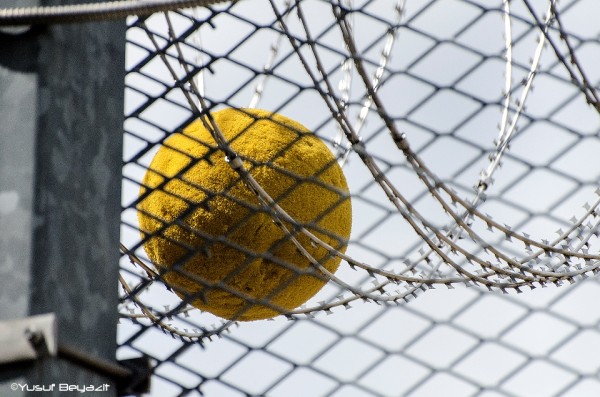Over a year ago, refugees in Germany started organizing themselves in order to protest in a publicly visible form against the human rights violating institutional practices like the forced isolation through the prohibition to leave the district of your asylum-seekers home, the prohibition to work and the degrading deportation practices. After a march through Germany from Würzburg to Berlin and a camp besides the Brandenburg gate where some started a hunger strike, about hundred refugees build up a camp in the heart of Berlin at Oranienplatz in October 2012 which is supported by many initiatives and individuals. Other refugee protests lit up in several German cities with diverse forms. In Munich and other places, refugees started hunger strikes, while in Hamburg the so called Lampedusa refugees stranded, who are in an especially precarious situation because they were simply set on the streets by Italy equipped with a tourist visa. This way they lost any governmental responsibility in Europe and lived in Hamburg as homeless people until they became part of the protest.
Because of the high interest of the German media and the solidarity of the population, who on the majority learned for the first time about the conditions of refugees in Germany, and also because of the peaceful form of the protest that stayed non-violent despite all difficulties, it was not possible for the police and politics to act rigorously against the refugees until now. There is a tedious struggle between police, judiciary, and politics on the communal and provincial level, if and how the camp can be removed but despite all attempts it is still in existence. For the inhabitants, who were offered an empty school building, it is of importance to remain visible and thereby politically active, in contact with the people, and keep on advocating their needs. Of course, they say, it is exhausting to live in tends under primitive conditions in winter, but it is much better than vegetating in isolation in an asylum-seekers home.
The refugees in the camp are internationally very well connected, and because politicians like to argue that fundamental changes of migration politics can only be done on a European level, it is a logical conclusion that a joint march will be organized from Strassburg to Brussels in summer. At the 26th/27th of June, the summit of the European council in Brussels takes place with the main topic of “migration politics”. In response to the large number of drowned refugees in the Mediterranean they want to discuss an intensification of the military border control.
Much more information in many different languages are here










